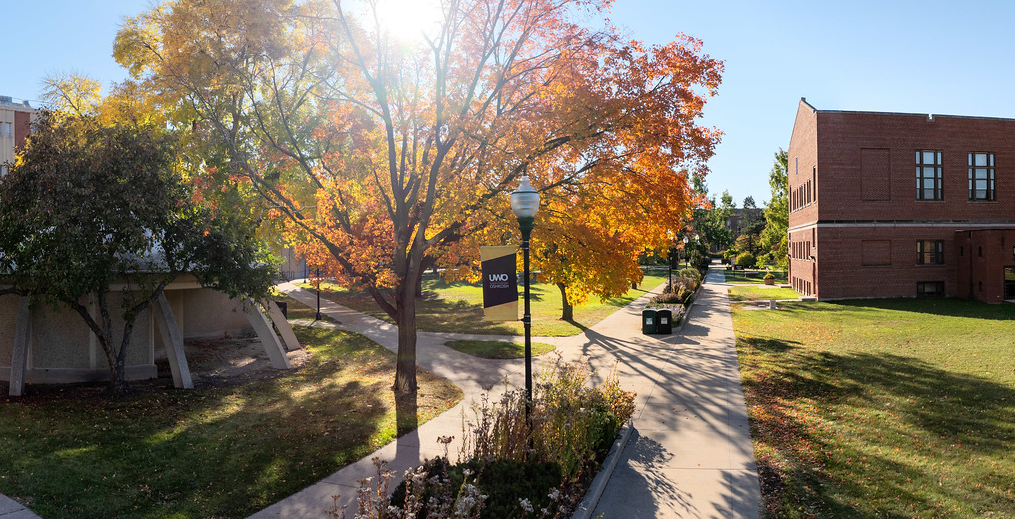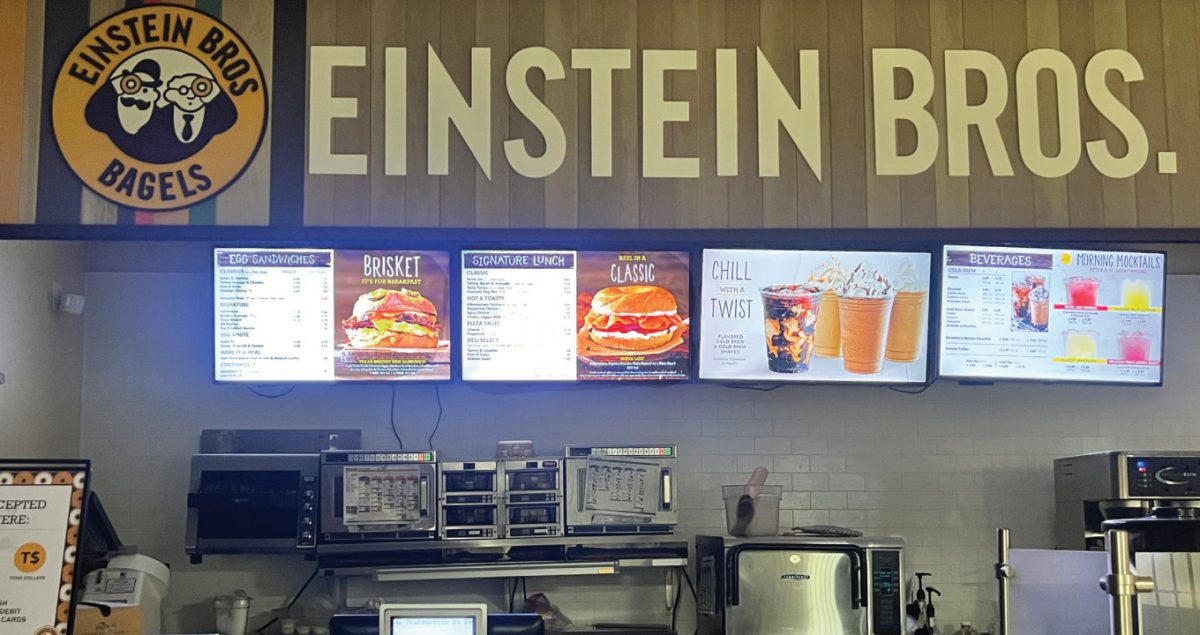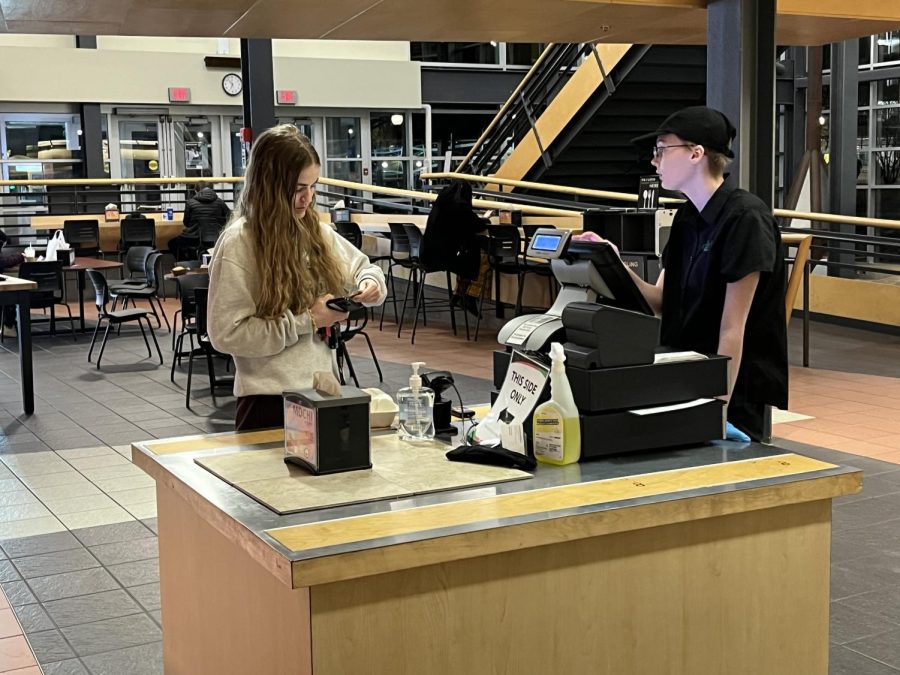“For decades, many in the textbook industry have been siphoning money out of the pockets of college students. Each year companies such as Cengage, Pearson and Mcgraw-Hill make millions of dollars charging students for materials they need to pass their classes and earn their degrees.
One of the latest industry trends is the integration of access codes into textbooks. These codes give the students access to online content that can include a digital copy of the textbook as well as additional chapters, exercises and quizzes.
While this online content can certainly be useful and convenient for students, the textbook companies have taken to their familiar tactics of price-gouging and unnecessary restrictions.
Access codes vary by publisher, but many are bundled and sold with their corresponding textbooks. This combination often proves pricey for students and many are left without much of a choice if their class requires it. Some companies have seemingly lowered textbook prices only to defer the “savings” to the price of the code.
For example, the access code paired with the third edition of “Enfoques,” a common required Spanish textbook at UWO, costs $135 by itself. The bundle which includes the textbook and the code is around $215, making the access code more expensive than the textbook.
To make matters worse, access codes become useless after a certain amount of time, usually a semester. This means that the money students would normally make from selling the physical copy of the textbook is vastly reduced. Textbooks with used codes are almost worthless when students try to resell them.
The used textbook market is one of the few options students have left when trying to save money. The increase in required access codes is shrinking the viability of this option and putting even more financial strain on students who are already paying hefty tuition fees.
Purchasing a “required” access code can be even more frustrating if a student finds the additional content is not useful or unnecessary for completion of the course.
Teresa Gass, a junior social work major, said she wishes she could have saved money and gotten her bundled textbook without the access code.
“My classes that required the access codes barely used them at all, so I felt like they weren’t helpful and were a complete waste of money,” Gass said. “I feel like for the content to be helpful and useful, it needs to be used more during class time.”
Access codes could easily be a useful addition or alternative to physical textbooks if they were properly implemented by textbook publishers and university professors alike.
Understandably, it can sometimes be expensive to create a textbook. Writers, editors and designers must be compensated in addition to the cost of the physical materials that make up the book. However, there is a difference between expensive and outrageous. The Huffington Post reported that from 1978-2008, the price of textbooks went up 812 percent. Today the average student pays around $700 per year for textbooks, and depending on their school and major, that number can reach into the thousands.
One of the reasons for this dramatic price increase is due to the lack of competition within the textbook industry. However the existence of these monopolies can be hard to spot at first glance. The average person might not know that the testing and textbook giant Pearson also owns other publishing companies such as Adobe, Penguin and Puffin.
Because companies like Pearson have such a strong grip on the industry, they are able to control the market, and students who need their products are forced to pay whatever ridiculous price they are asking.
If anything, the push towards digital textbooks and access codes should drop these constantly rising prices. By putting more content online, the physical materials that would normally make up a significant portion of textbook production costs can be lowered or eliminated.
Because of the significant ways the textbook market can affect students, professors should be aware of the financial burden they may be placing on their students. Many of the same educational results can be achieved without the newest, most expensive textbooks.
If professors choose older editions of textbooks or even alternative open-source textbooks, they can help reduce the amount of power textbook companies have over students’ wallets.
The introduction of access codes into textbooks can diversify and even improve the way students learn, but until prices go down and access is expanded, many students will see them as another unnecessary layer on their mountain of debt.”








